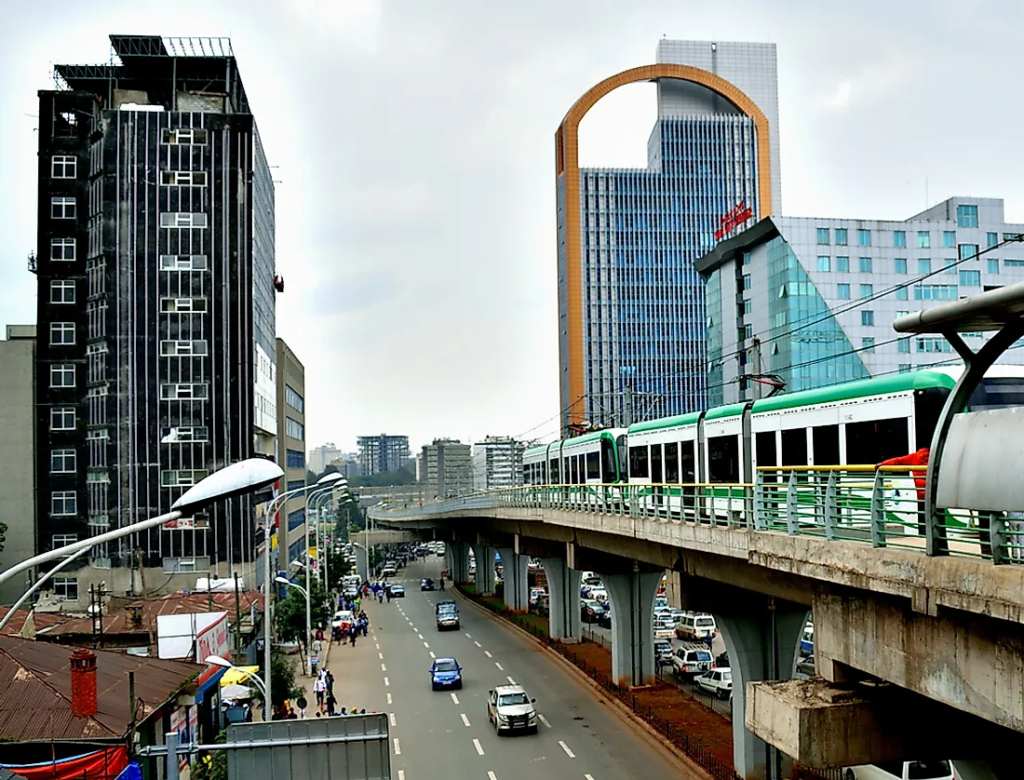Ethiopia, a nation nestled in the Horn of Africa, has been garnering increased attention for its dynamic economic growth in recent years. As we stand at the crossroads of the nation’s development, it’s essential to scrutinize the challenges, recognize opportunities, and outline a vision for Ethiopia’s economic future.
- Economic Momentum:
Ethiopia has experienced remarkable economic growth, propelled by ambitious infrastructure projects, economic diversification, and a burgeoning population. The Grand Ethiopian Renaissance Dam, a symbol of national pride and a source of hydroelectric power, exemplifies the nation’s commitment to sustainable development.
- Challenges on the Horizon:
However, Ethiopia faces multifaceted challenges that demand careful consideration. Political unrest, regional conflicts, and infrastructural gaps pose hurdles to sustained progress. Addressing these challenges is crucial to fostering an environment conducive to economic stability and growth.
- Economic Diversification and Innovation:
To secure a robust economic future, Ethiopia must continue its efforts towards economic diversification. The government’s focus on sectors like technology, manufacturing, and agribusiness is pivotal. Embracing innovation and creating an ecosystem that nurtures entrepreneurship will be essential in charting a prosperous course forward.
- Harnessing Demographic Dividends:
With a young and rapidly growing population, Ethiopia possesses a demographic advantage that can be harnessed for economic growth. Investing in education, skills development, and job creation will be vital to unlock the full potential of this demographic dividend.

Addis Ababa, capital city
- Regional Integration and Trade:
Ethiopia’s strategic location in the Horn of Africa positions it as a key player in regional trade. Strengthening ties with neighboring countries and enhancing trade infrastructure will not only benefit Ethiopia but contribute to regional economic integration.
- Sustainable Development:
As the global community increasingly focuses on sustainability, Ethiopia has an opportunity to lead the way in sustainable development practices. Balancing economic growth with environmental conservation and social inclusivity is crucial for building a resilient and equitable economy.
- Foreign Direct Investment (FDI):
Attracting foreign direct investment remains pivotal to Ethiopia’s economic future. Creating a business-friendly environment, addressing bureaucratic hurdles, and ensuring policy consistency will enhance Ethiopia’s appeal to global investors.
- Inclusive Economic Policies:
For sustainable growth, Ethiopia must prioritize inclusive economic policies that benefit all segments of society. Reducing income inequality, addressing poverty, and promoting social welfare programs will contribute to a more equitable economic landscape.
Conclusion:
Ethiopia stands at a critical juncture in its economic trajectory, and the decisions made today will shape its future. By confronting challenges head-on, embracing innovation, and fostering inclusive development, Ethiopia can chart a path towards sustained economic growth. As the nation navigates its economic future, a collaborative effort from government, businesses, and the broader community will be instrumental in realizing the vision of a prosperous and resilient Ethiopia.





